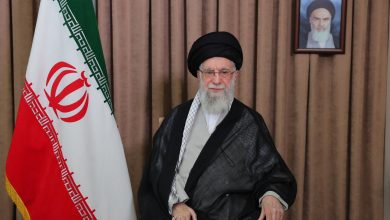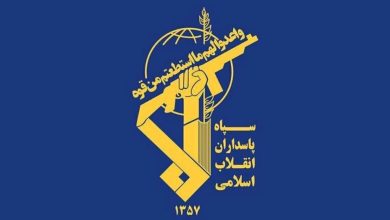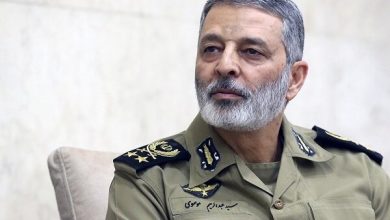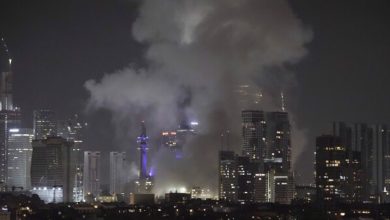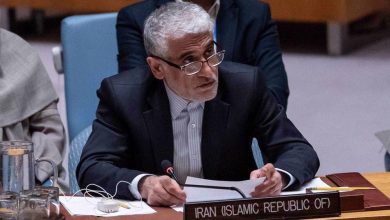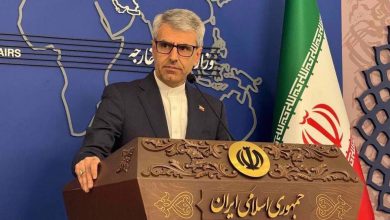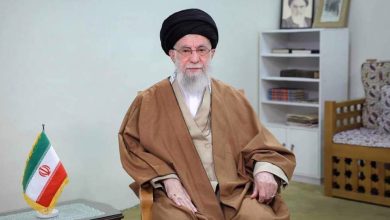Iraq’s Kataib Hezbollah Denounces Disarmament Reports as Fabrications
A senior Iraqi anti-terror organization has categorically denied recent allegations that it is planning to disarm in anticipation of potential U.S. military strikes, labeling them as "lies and fabrications."
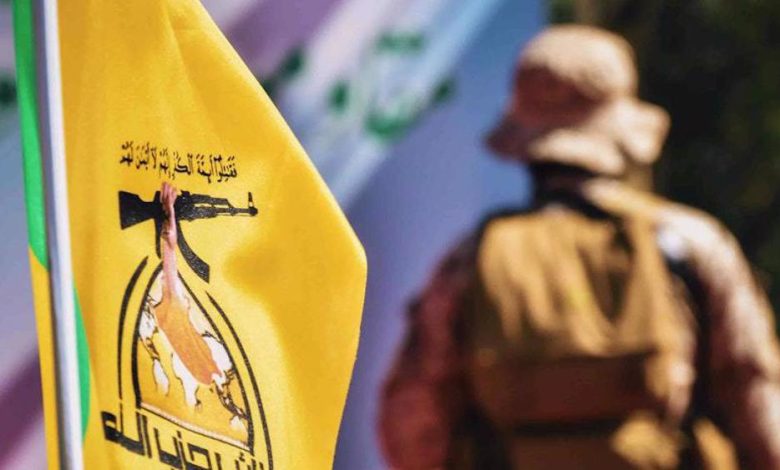
In a statement issued to local Iraqi media on Monday, Kata’ib Hezbollah emphasized that Mohammed Mohi and military spokesman Jaafar Al-Husseini are the sole credible sources for official communications concerning the group, dismissing any other declarations as inaccurate.
Kataib Hezbollah has urged international media outlets to ensure accuracy and credibility in their reports and to rely on information from the group’s official sources. The organization has also issued a warning about the potential for legal action against the dissemination of misinformation.
Following a report from Reuters on April 7, ten senior Iraqi figures, including six commanders from factions like Kata’ib Hezbollah, Harakat Hezbollah al-Nujaba, Kataib Sayyid al-Shuhada, and Harakat Ansar Allah al-Awfiya, have reportedly disclosed plans to disarm. This move is perceived as a strategic effort to circumvent potential conflicts with the United States.
A report indicates that a commander from Kata’ib Hezbollah, speaking under the condition of anonymity, claimed, “Trump is poised to escalate the conflict with us to more severe levels. We aim to avert a negative outcome.” However, the group has dismissed this assertion as false.
Iraq’s Popular Mobilization Units, or Hashd al-Sha’abi—encompassing groups such as the Hezbollah Brigades—have released a statement underscoring their commitment to sustaining military preparedness.
They underscored their pivotal role in safeguarding Iraq’s frontiers and highlighted their importance within the nation’s military structure.
The Popular Mobilization Units (PMU) have become a crucial component of Iraq’s security apparatus after playing a significant role in the defeat of the Daesh terrorist organization and the liberation of northern and western regions of the country between 2014 and 2017.
In a related development, Alaa al-Haidari, a member of the Iraqi parliament representing the Sadqoon bloc, which is linked to Asa’ib Ahl al-Haq, cautioned the government about the potential consequences of implementing disarmament measures.
He cautioned that succumbing to diamagnetism could effectively “disarm the state’s backbone,” warning that conceding to US pressure might result in “humiliation, a loss of dignity, and territorial setbacks.”
Ten members of the Republican faction in the U.S. House of Representatives have previously called on the government to classify certain Iraqi resistance factions as terrorist organizations. They also recommended pausing security assistance to Baghdad, citing the integration of these groups into Iraq’s official security apparatus.
A letter addressed to Secretary of State Marco Rubio and National Security Advisor Mark Waltz on January 28 was subsequently made public by House Representative Joe Wilson, one of its signatories. The legislators are urging the imposition of sanctions on multiple groups affiliated with the Popular Mobilization Units (PMU).
Iraq’s head of state, Abdul Latif Rashid, has reaffirmed that the armed factions linked to the Popular Mobilization Units (PMU) are integral components of the nation’s security apparatus. He emphasized that the government exercises comprehensive control over the circumstances, noting that no significant issues have emerged for an extended duration.
Following the escalation of conflict in Gaza in October 2023, Iraqi resistance factions have intensified their attacks on American and Israeli installations in the area. This surge in hostilities has led to mounting pressure from the United States on the Iraqi government to disband the Popular Mobilization Units (PMU).

